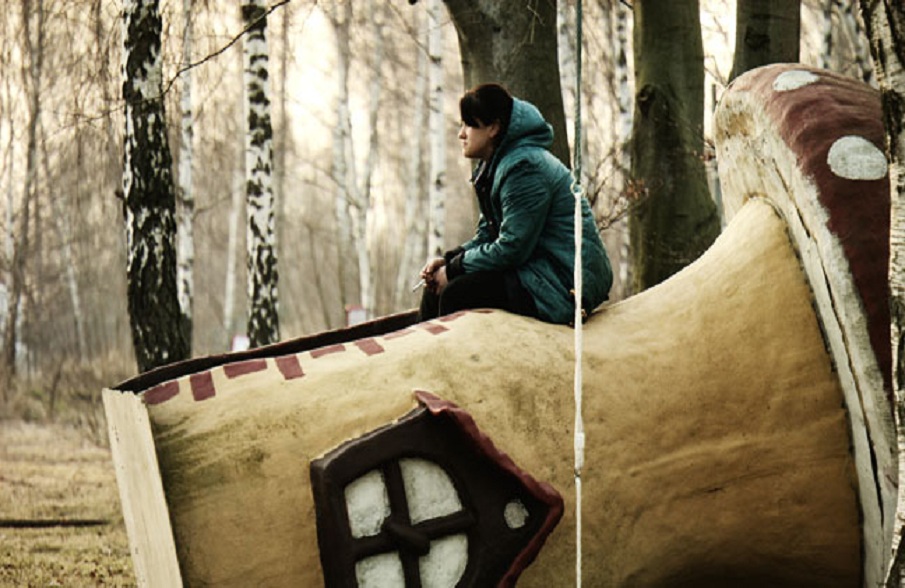Eat, Sleep, Die (originally, Äta sova dö) is the first feature film directed, in 2012, by Gabriela Pichler, a Swedish director born in 1980 to Bosnian and Austrian parents.
The film is a low-budget production, shot entirely with non-professional actors and in places in the real life of the director, including her home. The film had a sensational reception from the critics and the Swedish public. On the occasion of the Guldbaggen 2012, the Swedish national film awards, the film won four of the most important categories: best film, best director, best leading actress and best original screenplay. Due to the merit of its content and the issue dealt with, the film was even shown at a special session of the Swedish parliament. In contention for Critics’ Week at the 2012 Venice Film Festival, it won the audience award. Sweden chose it as a candidate for the Oscars in the best foreign film category, although it did not reach the top five shortlist.
Gabriela Pichler is very familiar with the settings and the life stories described in her film. After a childhood and adolescence spent in a suburb of Stockholm, in 2003 she decided to leave her full-time job in a biscuit factory and enrolled at the Film School in Gothenburg. There, she made various short films: The most important was the one with which she graduated in 2008, Skrapsär (Scratches), the story of teenagers who venture into a derelict industrial area, perhaps to live or just to pass the time, always in search of love but, at he same time, without wanting to show their emotions too much, out of fear of being vulnerable. In 2009, the film won the Guldbaggen for the short film category and, in 2010, the Watch Audience Award at the Uppsala International Short Film Festival, and was sent to various international festivals.
Presenting her film, Pichler explained what her creative intentions were: “To make a film about a part of society I have always loved but to which, sometimes, I am ashamed to belong. Sweden does not have an easy relationship with its image when dealing with the issue of immigration and political asylum. I want to be part of a process of redefining the national Swedish identity. The story of the leading character has very much to do with her identity and the way in which people see her, but it also shows the experience of so many young people in this period of economic crisis in Europe, where unemployment is very high and the internal contradictions of society are growing. Equally important is the fact that I also wanted to tackle a personal issue and show a type of relationship between father and daughter that I never saw on the screen when I was a girl.”
Due to her style of directing, many critics have compared Pichler to the Dardenne brothers, something that makes the Swedish director very proud since she considers them to be her inspiration. Among the other directors who have captivated and influenced her the most are Claire Denis, Wong Kar-Wai and Milos Forman.
Michele Marangi






































